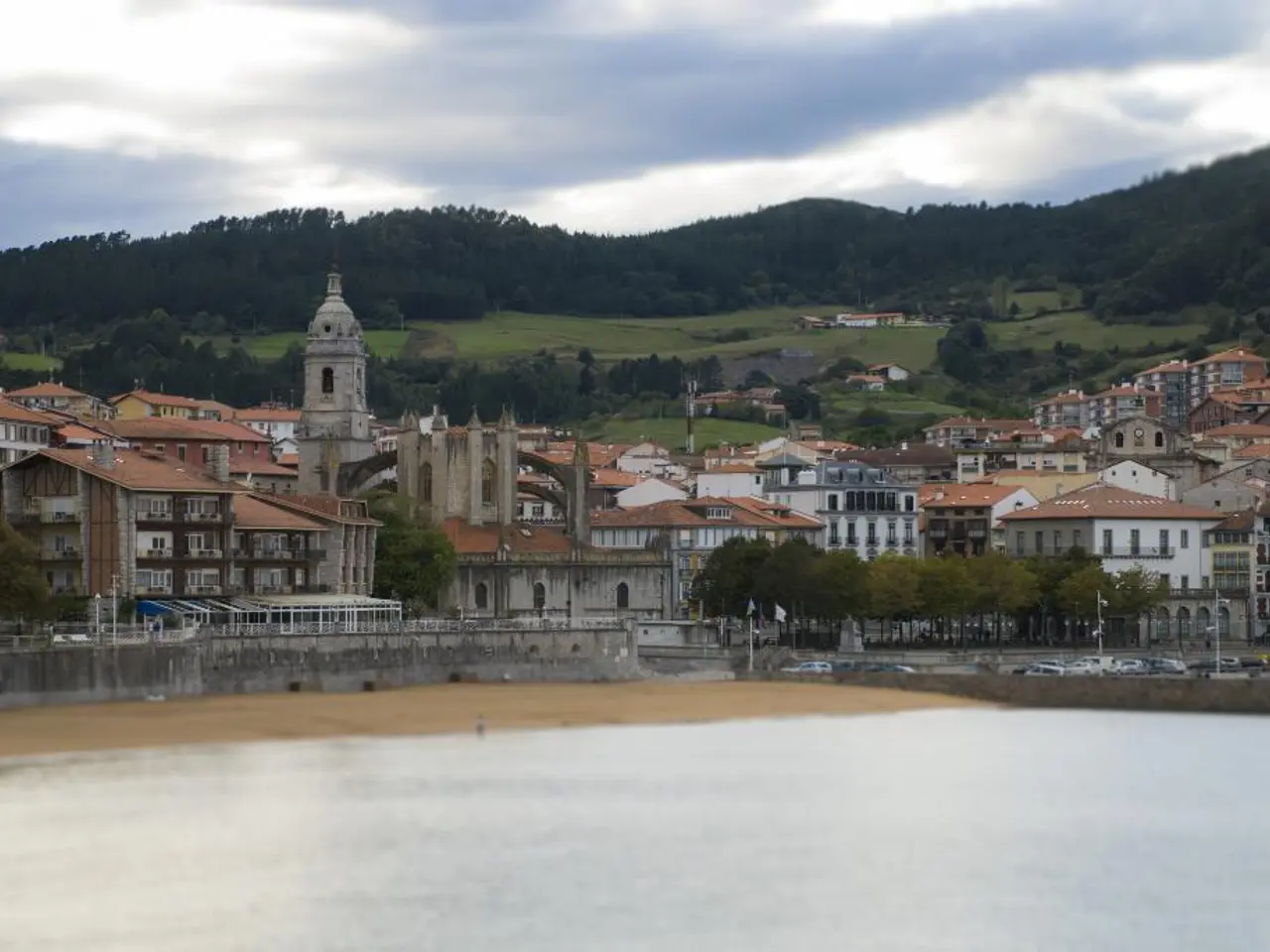Skyward trends in gas turbine costs persist, with no signs of imminent decrease.
The energy sector is facing a significant challenge as costs for gas turbine projects have risen, and delivery timelines have been extended, according to a recent report. The report, a collaboration between GridLab, Energy Futures Group, Component Reliability Consultants, and Halcyon, aims to quantify the increasing prices for gas infrastructure.
The cost of a combined-cycle gas turbine is on the rise, with projects in 2030 or 2031 reporting costs of $2,000 per kilowatt or more, a 75% increase over near-term prices. This trend is likely to persist in the short-midterm, with labor costs increasing due to inflation and a shortage of skilled workers.
Two Kentucky utilities paid GE Vernova a $25 million reservation fee to reserve a turbine for a facility to reach commercial operation in 2030. This practice of requiring reservation fees to secure manufacturing slots for gas power plant turbines has been adopted by OEMs like Siemens Energy and General Electric since 2023.
The elevated costs for gas turbines are likely to be passed on to utility customers in the form of higher bills. Utilities have already sought record rate increases this year, and electricity prices are becoming a political sticking point.
The unexpected boom in demand for gas is due to a combination of electrification, onshoring, and data centers causing major load growth in the U.S. The reliability requirements of data centers have prompted a surge of demand for gas. Renewables, such as wind and solar, are still considered the best option for getting new megawatts onto the grid, even with investments in new gas generation for longer-term needs.
The extended timelines for turbine delivery create a significant challenge for meeting future electricity demand, particularly as coal and other older fossil fuel plants are retired. The delays in installing high-price turbines are primarily due to bottlenecks in engineering, procurement, and construction services (EPC), affecting the energy industry more broadly.
The authors recommend prioritizing the transparency of any non-proprietary pricing data, including via collaborative forums for stakeholders. They also advise regulators and planners to update their cost assumptions for gas turbines to avoid flawed resource planning and underestimation of project budgets.
NextEra CEO John Ketchum emphasizes that renewables can be built quickly, with a wind project taking 12 months, a storage facility in 15, and a solar project in 18 months. This speed compared to gas turbine projects could provide a more efficient solution for meeting future electricity demand.
The report also highlights that nearly all components of a fossil gas power plant, including transformers, switchgears, and iron and steel piping, have become more expensive in the last decade. These increased costs are likely to be passed on to utility customers, further exacerbating the issue of rising electricity prices.
In conclusion, the energy sector is experiencing an unexpected boom in demand for gas turbines, leading to increased costs and extended delivery timelines. The report provides a fuller picture of this market and emphasizes the need for transparency, updated cost assumptions, and a focus on renewable energy solutions to meet future electricity demand efficiently.
Read also:
- Musk threatens Apple with litigation amidst increasing conflict surrounding Altman's OpenAI endeavor
- Transitioning to Electric Vehicles Places Heavy Demand on Power Grids
- E-mobility continues its progress after a decade since the scandal, staying on course
- The Commission deems the assistance program to be in agreement with the domestic market regulations.








